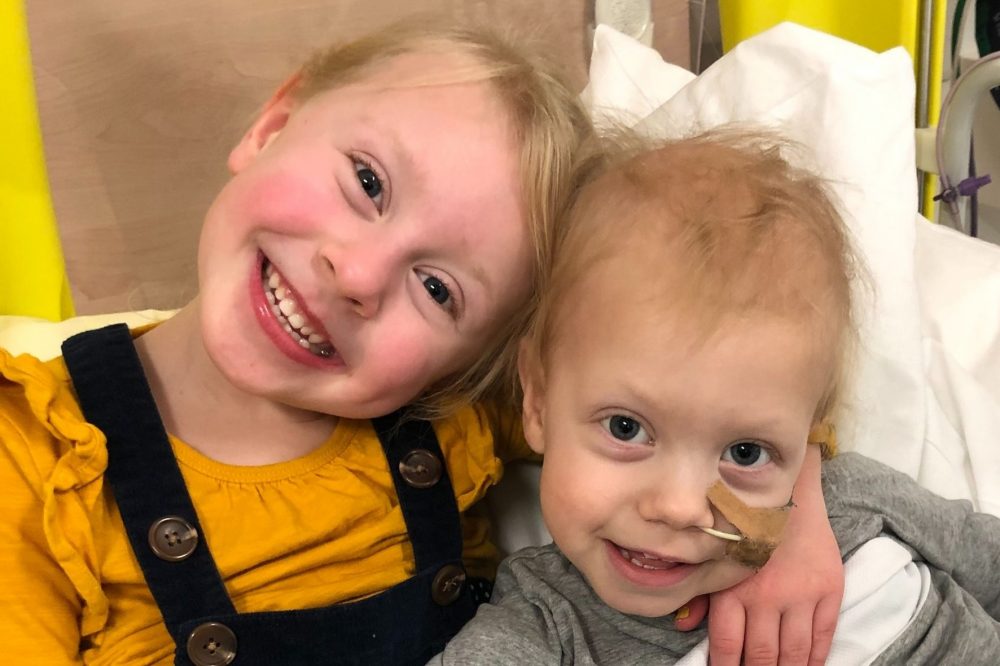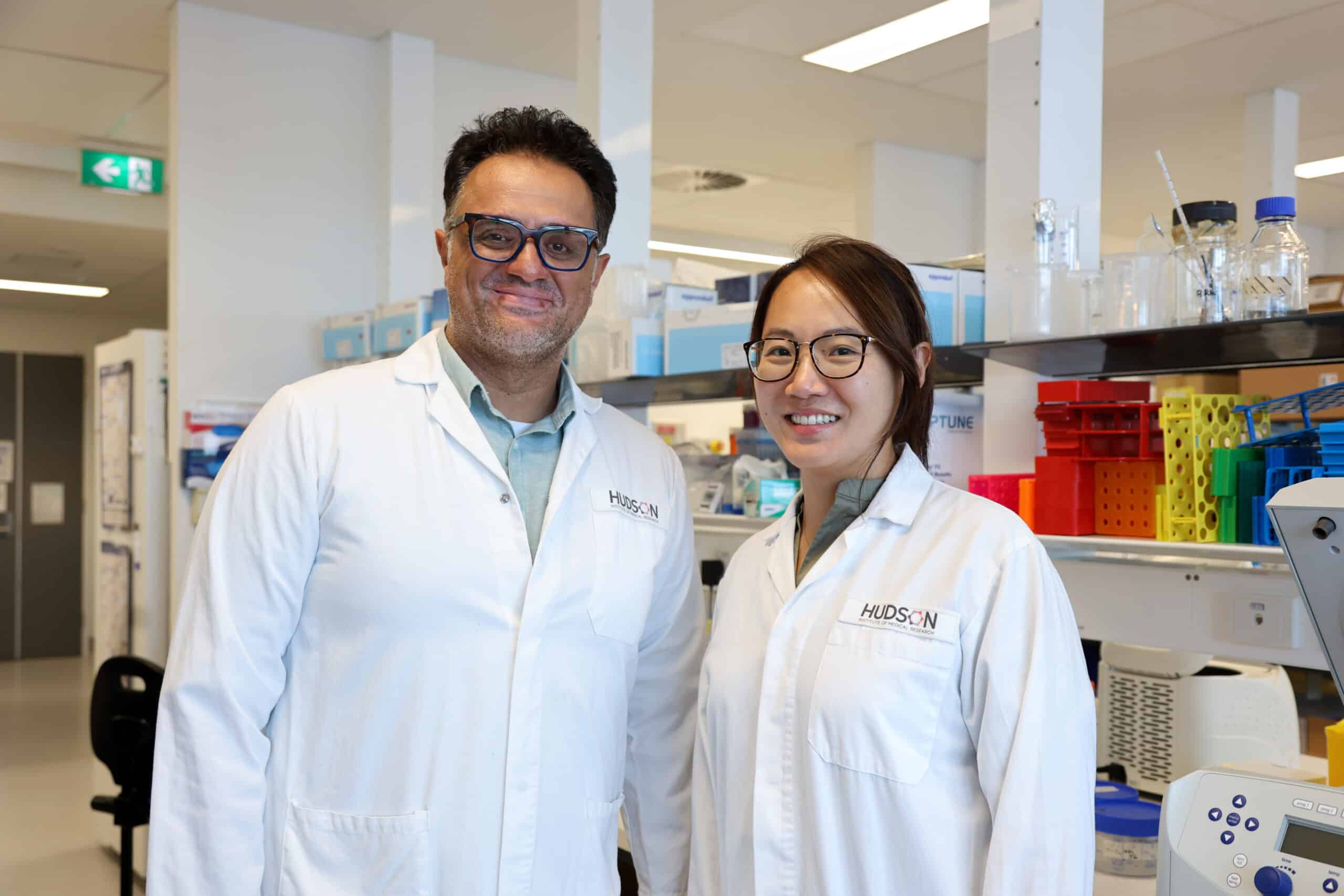Childhood cancer immunotherapy program

Developing targeted, less toxic treatments that improve survival rates and quality of life for paediatric patients.
Overview
Lead Researcher | Associate Professor Pouya Faridi
The Immunotherapy program focuses on understanding and harnessing immune system responses to childhood cancer. The goal is to develop targeted, less toxic treatments that improve survival rates and quality of life for paediatric patients.
The research focus is on peptide antigens presented by Human Leukocyte Antigen (HLA) molecules, crucial for immune system recognition and response. Analysis of these antigenic peptides on cancer cells, aims to identify clinically relevant targets for precision immunotherapies tailored to paediatric cancers. The approach utilises immunopeptidomics, integrating immunology, mass spectrometry and bioinformatics to decode the immune response to cancer cells.
Goals
- Identify novel targets for advancing childhood cancer immunotherapies
- Develop precision therapies for childhood cancers.

Immunotherapy program research projects
Immuno-therapies and the epigenome in paediatric high-grade glioma

The development of precision vaccines for paediatric brain tumours

Development of precision immunotherapies for Ewing Sarcoma

Associate Professor Faridi specialises in tumour immunology and mass spectrometry techniques. He has developed advanced multi-omics approaches, including immunopeptidomics, proteomics, transcriptomics and genomics. Applying these technologies, Dr Faridi has identified and validated actionable targets for cancer immunotherapy. Several of the peptides he identified are currently being used for cancer vaccination clinical studies.
Related childhood cancers: Brain tumours, Ewing sarcoma, osteosarcoma
Technologies: Immunopeptidomics, proteomics
